Contact
Department of Ecology, S, Conservation Biology Unit
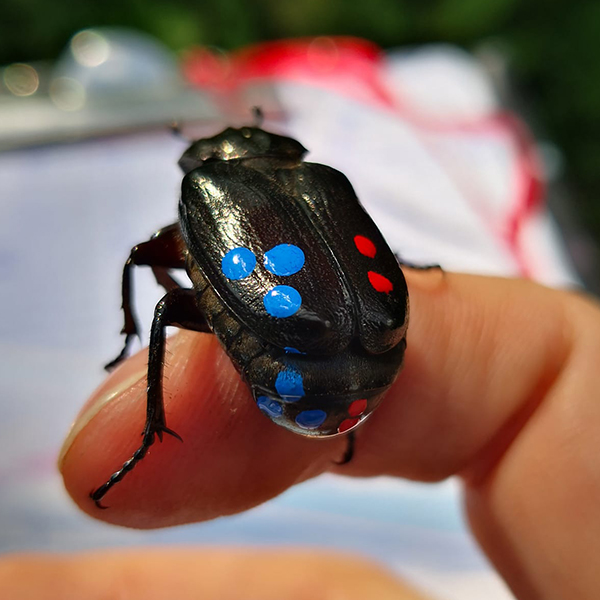
Biodiversity is declining, and we therefore need knowledge on how to reverse this negative trend. We produce ecological knowledge that is needed to make decisions that affect biodiversity in forests and other terrestrial habitats. We study how biodiversity is affected by land use, climate change, and conservation measures.
Our research is mainly based on observational studies and experiments in the field, analysis of environmental monitoring data, and syntheses of previous studies. We study different organism groups, such as insects, fungi, lichens, and vascular plants, but also important ecological functions such as carbon sequestration, decomposition, and pollination.
A large part of our research is about forests, but we also study agricultural landscapes and urban environments. We often put biodiversity in a larger perspective by linking it to ecosystem services and considering trade-offs with various societal goals. We frequently collaborate with various stakeholders, such as landowners and authorities.
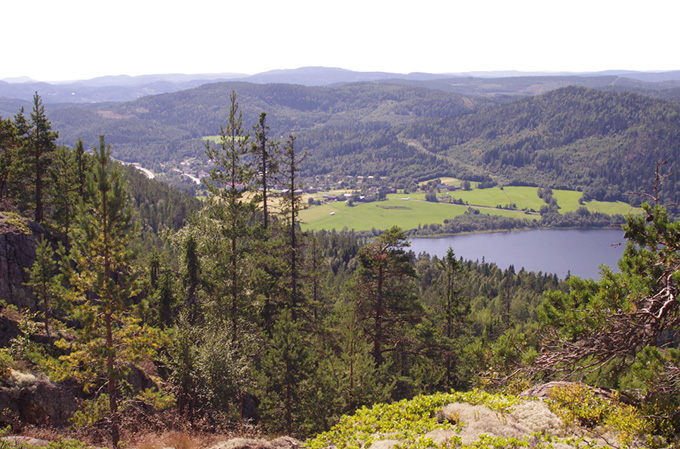
We study the effects of climate and land use changes on biological communities and populations. For example, we conduct research on species occurrence patterns in relation to regional climate and microclimate, how communities and populations are affected by changes in climate and land use, and evaluate strategies for managing landscapes to preserve biodiversity in a changing climate.
Contacts: Thomas Ranius, Erik Öckinger, Joachim Strengbom, Aino Hämäläinen
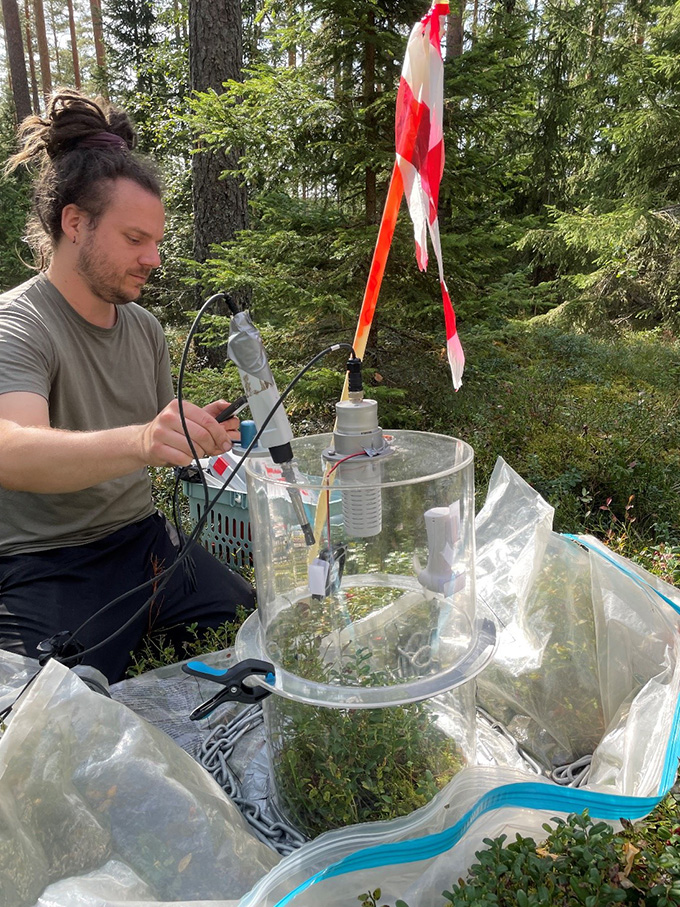
We study how forestry practices can be adapted to preserve biodiversity and ecosystem services. Previously, much of our research has been about the benefits of retention in forestry and the consequences of removing branches, tops and stumps during final felling for use as biofuel. Ongoing projects deal with, for example, how biodiversity and carbon flows are affected by switching to continuous cover forestry and the consequences of what is done with trees killed by the spruce bark beetle.
Contacts: Joachim Strengbom, Thomas Ranius
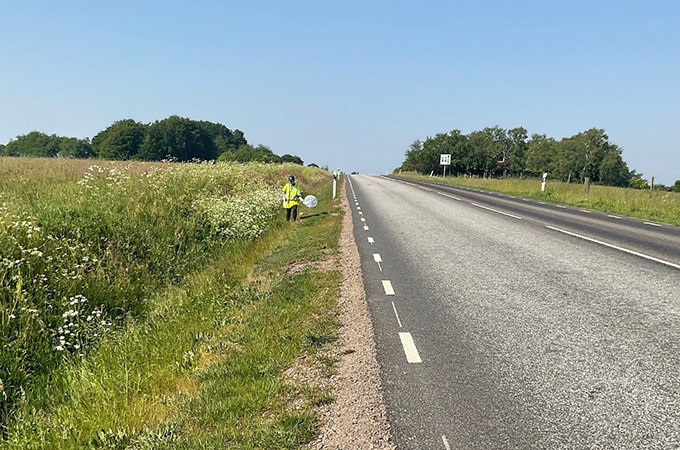
To preserve species in the long term, it is important that there is enough of their habitats, but also that they are able to disperse in the landscape. We investigate the importance of the spatial location of, for example, protected areas and where various nature conservation and restoration measures should be carried out to make the greatest benefit for biodiversity and ecosystem services. For example, it can be about where prescribed burnings or dead wood are located in relation to species occurrence patterns. We also conduct research on how habitats that can act as dispersal routes, such as roadsides and power line corridors and green areas in cities, should be designed and managed to benefit biodiversity.
Contacts: Erik Öckinger, Aino Hämäläinen, Thomas Ranius
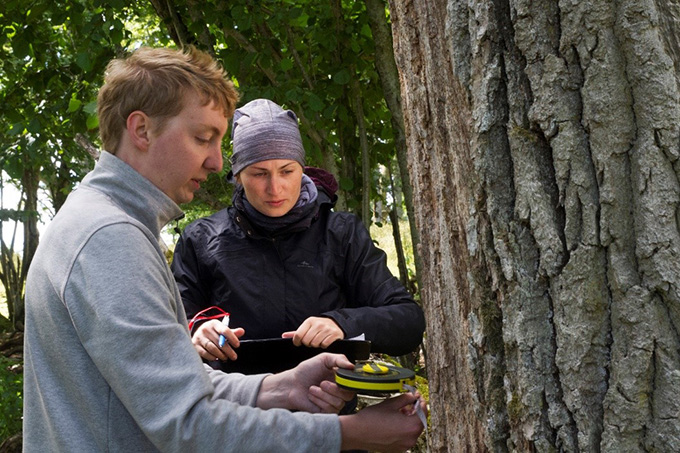
In nature conservation, it is often important to identify areas with high conservation values and monitor the development of conservation values over time. Measurements of biodiversity and conservation values should be conducted in a way that is both reliable and feasible. For example, we conduct research on:
Contacts: Aino Hämäläinen, Malin Tälle, Joachim Strengbom
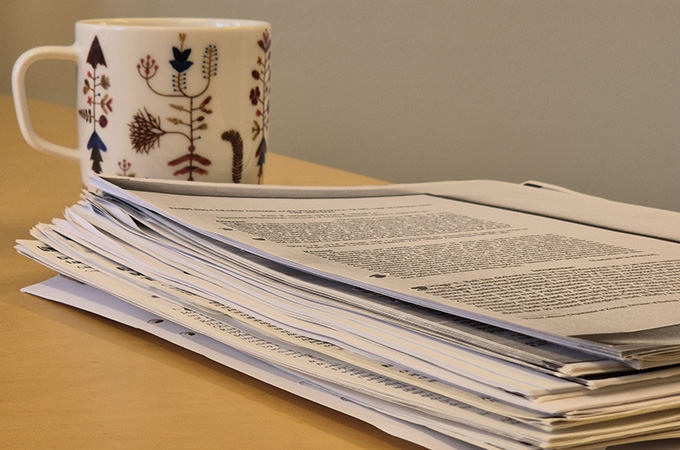
We produce scientific syntheses that are useful as a knowledge base in nature conservation and on which researchers can build their research. Topics for these syntheses have been, for example, climate-adapted nature conservation, ecological compensation and nature conservation restoration, alien tree species and nature conservation adaptations in forestry.
Contacts: Malin Tälle, Thomas Ranius, Erik Öckinger
We develop, lead and conduct undergraduate education in ecology and conservation biology. The Department of Ecology has several courses that are wholly or partly about conservation biology:
Insect Diversity and Conservation
We organise webinars presenting research outcomes important for nature conservation, especially in forests. We are primarily aimed at those who work with nature conservation in Scandinavia, and the webinars are given in Swedish, but everyone is welcome.
Here is more information about these webinars (only in Swedish)
News about nature conservation and biodiversity (only in Swedish)
There is more information about projects and publications at the staff´s cv-pages